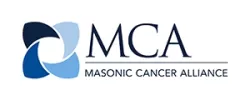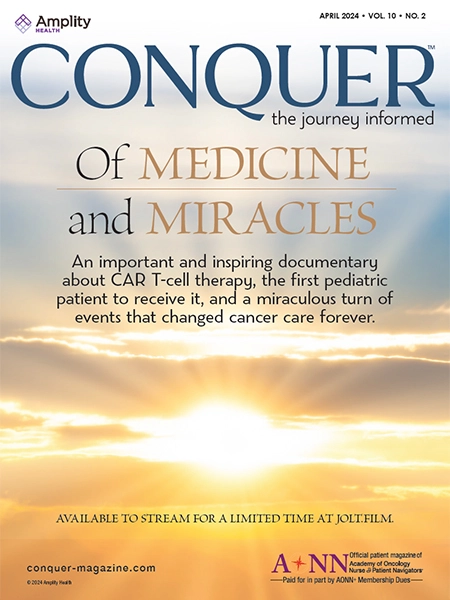Name: Brianne
Position: Nurse Navigator
Subject: Splitting Up Duties
Question:
We are a small cancer center with 2 physicians and 600 analytic cases per year. We are looking at the 2 navigators splitting up duties based on disease site. Do you find that more beneficial than having 2 general navigators who just split everything evenly? How would you recommend splitting the disease sites? Lung and gastrointestinal, breast and gynecological, etc? Looking forward to hearing your thoughts!
Answer:
First, make a chart that breaks down the 600 analytic cases you have, then divide the information by cancer stage. This way you will have a better idea of how many types of cancer patients you are taking care of and what the volumes are of each. The higher the stage of disease the more treatment they will likely be receiving and the more support they and their family may need. For example, navigating a patient with stage 0 breast cancer is far less complicated than one with stage IV metastatic disease. Cases of more advanced disease, such as patients with pancreatic cancer, are more time-intensive for a navigator to support, as are those who are underserved. Hopefully, you have access to data that show race or ethnicity, as well as payer stats, because you will want to see how many, by type of cancer, meet your center’s criteria for being underserved. Helping a patient get qualified for Medicaid or obtain resources for transportation, medications, etc, will take more navigator time than working with a patient who is financially secure.
From a cross-coverage perspective, it can work well for the navigators to be generalists; however, enjoyment of their job duties as well as use of their expertise is usually heightened if they each specialize in specific types of cancers. Breast and GYN are wise to put together—the navigator becomes a women’s cancer specialist. Lung and gastrointestinal may be a heavier load given most patients with lung cancer are going to die and many patients with gastrointestinal cancer are quite sick.
Start a pilot of having them specialize, making sure you are not focusing merely on the number of patients, but their severity of illness and intensity of need for navigator services. AONN+ is currently working on creating an acuity tool that will be perfect for what you are seeking. It takes time to build such a tool, however. In the interim, I am just a mouse click away.
Name: Karen
Position: Nurse Navigator
Subject: Program for Patients with Breast Cancer
Question:
A patient has donated $50,000 to be used for patients with breast cancer. Please recommend some ideas on how to put these funds to good use for our patients.
Answer:
First, the donor might have some ideas of her own regarding how she would like to see her dollars spent. Ask the development officer if the patient mentioned anything specific. If she didn’t and it can be used at the institution’s discretion (which is VERY rare), then perform a needs assessment. This would involve looking at patient satisfaction data and seeing what former patients said would have made their cancer experience easier. There is great value in holding annual seminars for survivors to keep them up to date on managing lingering side effects from treatment, new methods of prevention for future generations, coping with fear of recurrence, etc. I am an advocate for patients with metastatic breast cancer. They greatly benefit from the opportunity to attend a metastatic breast cancer retreat. These events are 3 days and 2 nights and can be for couples, or for women not in a relationship, who can bring a female caregiver— typically a sister, mother, or daughter. If you want more information about this, I have created a program-planning guide that is just for this purpose. Usually funding is the difficult part but you have that well-covered. They cost from $12,000 to as much as $20,000 to implement. I have done more than 25 now.
Name: Mary
Position: Administrator
Subject:Who Can Deliver a Survivorship Care Plan?
Question:
Lillie, Can you clarify what the Commission on Cancer means by a credentialed clinical navigator? Does this mean an LCSW can deliver a care plan? I have looked everywhere and cannot find a definition. Any references to this would be greatly appreciated.
Answer:
A “credentialed clinical navigator” is a registered nurse (RN) or an Advanced Practice Nurse (APN). However, sit tight for now! The Commission on Cancer is in the process of revising this 3.3 standard. Announcements should be made by the end of March.













